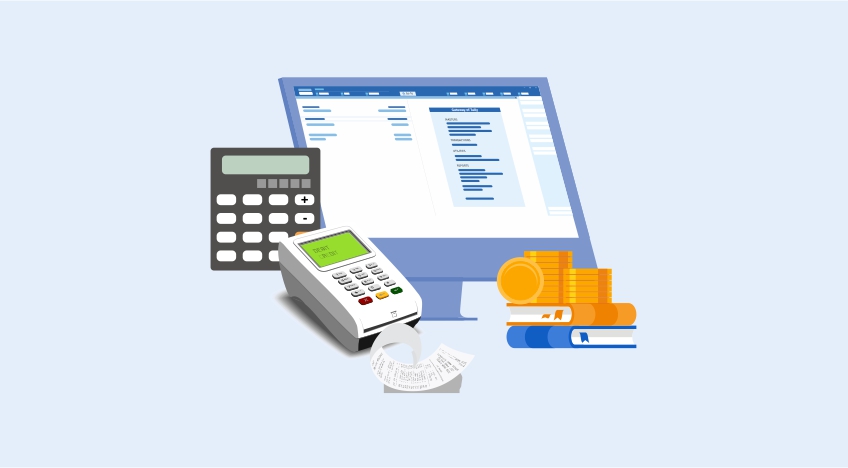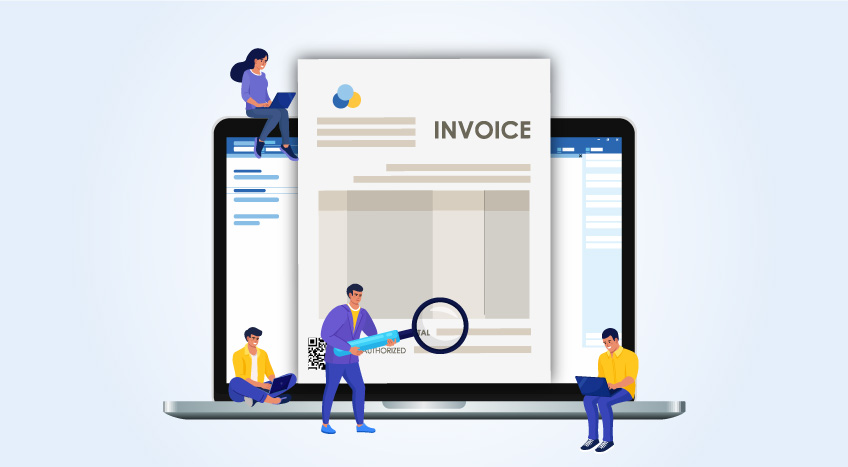- What is VAT?
- How does VAT work?
- VAT example
- Who should register for VAT?
- How to register your business for VAT?
- Businesses that are exempted from VAT
What is VAT?
Value Added Tax or VAT in Tanzania is a consumption tax that is levied on every stage of production where value is added to a product until it is ready for sale. VAT application starts from the purchase of raw materials to the generation of the end product. At every stage, the supplier, producer, or wholesaler adds a particular percentage of VAT as applicable according to the Tanzania Revenue Authority (TRA) rules. This is done for reimbursement later on from the TRA when they file for VAT returns, applicable on a per-product basis.
VAT is charged on goods and services produced in Tanzania and those products which are imported from another country. VAT is different from the income tax as the former is a flat tax that is applied uniformly while the income tax is solely based on the income during the financial year. The Tanzania Revenue Authority (TRA) has made VAT filing easy for taxpayers by introducing the electronic filing system in February 2022, effective from 1st March 2022 onwards.
How does VAT work?
is applied as a flat tax rate and is an indirect tax because your business is collecting VAT for the government while it is essentially being paid by the customer. VAT is applied incrementally at every stage of the supply chain. The VAT rate in Tanzania is 18% for the supply and import of taxable goods and services. 0% VAT is applied to exports of goods and services from the United Republic of Tanzania and in the ancillary transport services of goods supply. The government simply collects the VAT rate on every transaction that occurs across the supply chain. This starts from the purchase of raw materials to the final sale of the end product.
VAT example
VAT in Tanzania is easier to understand with an example. Let us say that a manufacturer buys raw materials worth TZS 10,000 from a seller at a 18% VAT rate producer. The VAT rate is 18% and based on this, the following transactions take place where value is added at each stage. The table shows how the VAT will be applied at every stage of the production and the final price which includes the VAT charged.
|
|
Selling price (TZS) |
VAT rate (%) |
VAT amount added (TZS) |
VAT-inclusive final price |
VAT paid to the government |
|
Seller |
10,000 |
18 |
1,800 |
11,800 |
1,800 |
|
Manufacturer |
20,000 |
18 |
3,600 |
23,600 |
1,800 |
|
Retailer |
30,000 |
18 |
5,400 |
35,400 |
1,800 |
- The total price or the end price is TZS 11,800 because the VAT applied will be TZS 1,800 while the materials cost TZS 10,000. The seller keeps the TZS 10,000 while he gives the TZS 1,800 to the government because it was the VAT collected. The manufacturer sells the finished product to the retailer at TZS 20,000 plus the VAT rate so the end price will be TZS 23,600. The TZS 3,600 is derived by applying VAT to TZS 20,000. Now the manufacturer gives TZS 1,800 to the government because it was collected from the seller and keeps TZS 1,800 because they had earlier paid to the seller when buying the raw materials before production.
When the retailer sells to the customer, he sells the product at TZS 30,000 plus VAT which is TZS 5,400 (18% of TZS 30,000). This means the total price that the customer will pay will be TZS 35,400. The retailer then keeps TZS 3,600 because that was paid to the manufacturer when buying the finished product. The retailer will give the government TZS 1,800 because that is the excess that remains.
In this way, VAT in Tanzania is calculated and tax is collected across the supply chain. If there are more people involved, then the same iteration continues whereby a certain portion is kept while the excess is paid to the tax authorities. The customer will be paying TZS 35,400.
Who should register for VAT?
Registration for VAT in Tanzania is mandatory for businesses in two cases. First, businesses that have generated TZS 50 million or above in revenue in the past six months ending at the end of the previous month have to be registered for VAT. Second, businesses that have generated TZS 100 million or more in the past twelve months in revenue ending at the end of the previous month must register for VAT. However, this does not apply to government institutions or entities that are contributing to Tanzania’s economic activity. This does not apply to intending traders who have shown proof of their business plans, contracts, and professional service providers.
How to register your business for VAT?
You can register by filling out the form ITX245.02.E which is available on the Tanzania Revenue Authority’s official website. When you fill out the details, the TRA will issue a Certificate of Registration. This certificate will include vital details such as the name, the principal place of business, the date of registration from which you can apply VAT, the TIN or the Taxpayer Identification Number, and the VAT registration number. When you are filing the VAT return, you must enter the VAT registration number and the TIN among other details.
Businesses that are exempted from VAT
Not every business is eligible for VAT in Tanzania. VAT exemption is applicable in many cases such as the following as per the TRA:
- When your business is supplying to the government or the government is importing goods or services for the project implementation which is funded by a grant that has been approved by the Minister as per the Government Loans, Grants, and Guarantees Act.
- When your business is supplying to any government entity whereby the project will be funded by the government. This also includes non-concessional loan, concessional loan, or grant that is issued by an agreement between another government and the Government of the United Republic.
- When your business is importing goods or services into Tanzania after a natural disaster has occurred. The importing of these goods and services will provide relief to those affected.
- When your business is importing or supplying goods and services to an NGO that has an agreement with the Government of Tanzania. Note that such an agreement must detail that the goods and services are exempted from VAT.
- When your business is importing raw materials for only one purpose which is to manufacture good quality mosquito nets.
- When your business is importing or supplying goods or services to another entity that has an agreement with the Government of Tanzania in place whereby the sole purpose is to execute a strategic project. The agreement should specify the VAT exemption.
There is an exemption to certain investments as specified under the Tanzania Investment Act by the National Investment Steering Committee (NISC). VAT will become applicable if the grant has not been approved by the concerned authority.
Read More:
- Have You Ever Thought Managing VAT Compliance Is as Easy as 1,2,3?
- Invoicing Guidelines for Businesses in Africa










